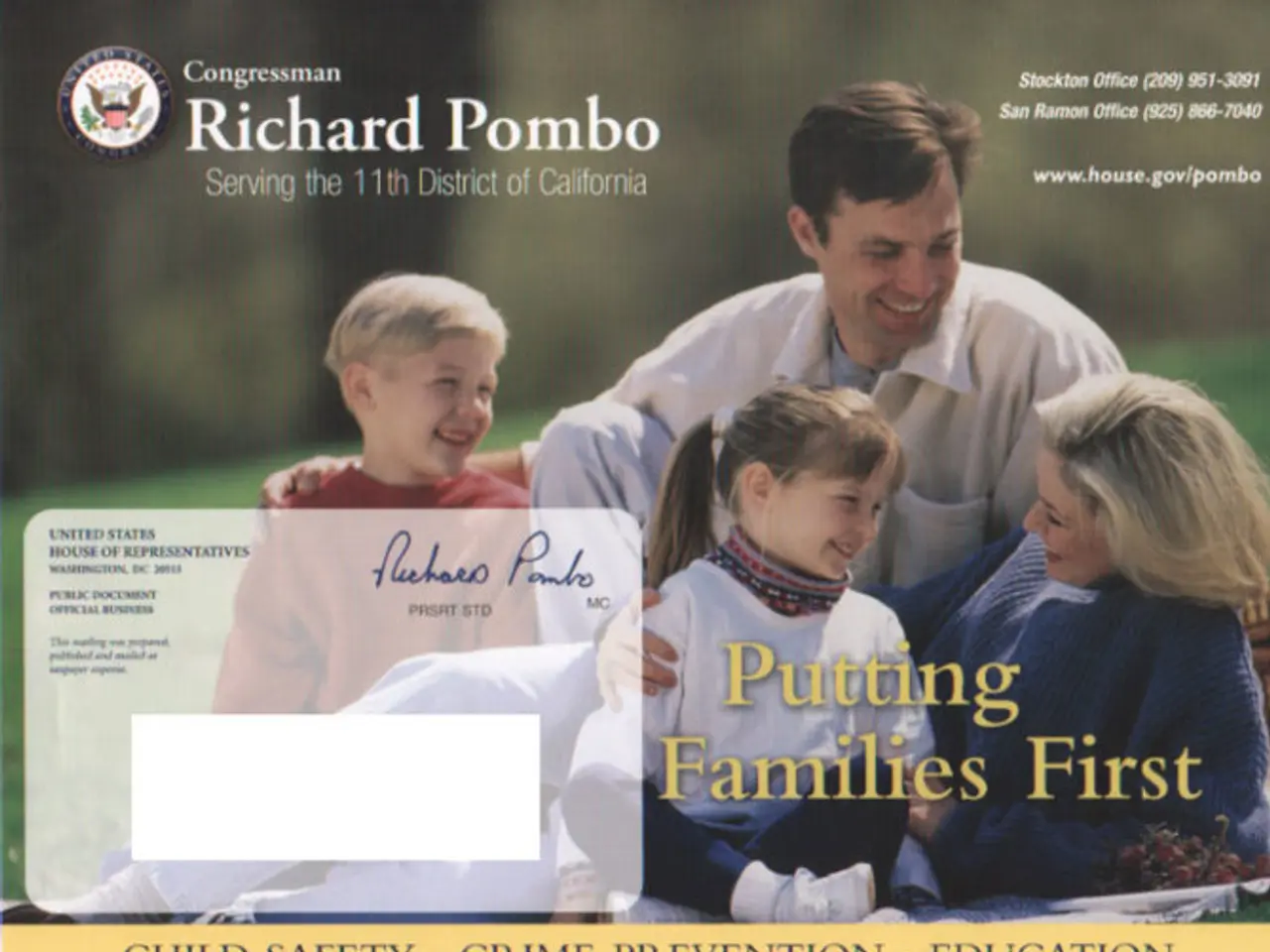Strategies for Minimizing Tax Obligations for Wealthy Professionals Prior to Retirement
High-income earners can significantly lower their lifetime tax bill by adopting strategic tax planning, particularly before retirement. This proactive approach involves a multitude of tactics designed to maximise tax-advantaged savings, defer income, manage investment gains, and coordinate withdrawals after retirement.
One key strategy is maximising retirement account contributions. High earners should fully utilise tax-deferred accounts such as 401(k)s, IRAs, and SEP IRAs. For those seeking to save beyond standard limits, Backdoor Roth IRAs or after-tax 401(k) contributions can be employed.
Deferred compensation plans are another useful tool. By deferring salary or bonuses until retirement, income can be shifted to years with potentially lower tax brackets, reducing lifetime taxes.
A 3-5 year roadmap for multi-year tax planning can help smooth taxable income, manage tax brackets effectively, time asset sales, and optimise Roth conversions. This forward-looking approach reduces surprises and aligns tax strategy with life events such as retirement or business transitions.
Tax-loss harvesting and capital gain management are essential for offsetting gains by strategically selling underperforming investments to minimise capital gains taxes. Investing in tax-efficient vehicles, such as municipal bonds or ETFs designed for tax efficiency, also helps reduce taxable income.
Charitable giving strategies can also reduce both income and capital gains taxes. Donating appreciated assets or using donor-advised funds can support philanthropic goals while enjoying tax benefits.
Coordinated withdrawal strategies in retirement can materially reduce tax liabilities over retirement years. Although this occurs after retirement, planning beforehand on how to draw down taxable, tax-deferred, and Roth accounts can make a significant difference.
Integration with estate and business planning is crucial. Aligning tax planning with estate tax strategies and business succession can protect wealth across generations.
When selling non-liquid assets like real estate, a 1031 exchange or installment sale can make a significant difference. Planning to liquidate assets in lower-income years can also reduce tax bills.
Proactive, year-round management rather than a yearly tax filing focus is essential to minimising lifetime taxes for high-income earners. This requires ongoing, integrated planning with financial advisors and CPAs to adapt to changing tax laws and personal circumstances.
Strategic tax planning offers high-income earners the opportunity to take control of their future tax rates rather than being controlled by them. By implementing these strategies, they can work towards a more tax-efficient future.
[1] Investopedia. (2021). Tax Planning Strategies for High-Income Earners. [online] Available at: https://www.investopedia.com/terms/t/tax_planning.asp [2] Forbes. (2020). The Essential Guide To Tax Planning For High-Income Earners. [online] Available at: https://www.forbes.com/sites/forbesfinancecouncil/2020/09/24/the-essential-guide-to-tax-planning-for-high-income-earners/?sh=6a49703d525d [3] The Balance. (2021). High-Income Earners: Tax Planning Strategies. [online] Available at: https://www.thebalance.com/tax-planning-strategies-for-high-income-earners-4155572 [4] CNBC. (2020). High-income earners: Here are 10 tax planning strategies to consider. [online] Available at: https://www.cnbc.com/select/high-income-earners-tax-planning-strategies/ [5] Kiplinger. (2021). The Best Tax-Saving Strategies for Retirees. [online] Available at: https://www.kiplinger.com/retirement/taxes/604152/the-best-tax-saving-strategies-for-retirees
- To further optimize their personal-finance situation, high-income earners can consider investing in Backdoor Roth IRAs or after-tax 401(k) contributions to save beyond standard retirement account contributions limits.
- In addition to managing their investments for capital gain management and tax efficiency, high-income earners can also strategically employ charitable giving strategies, such as donating appreciated assets or using donor-advised funds, to reduce both income and capital gains taxes.




